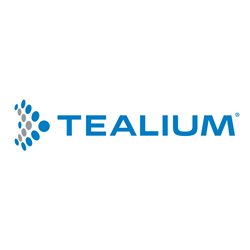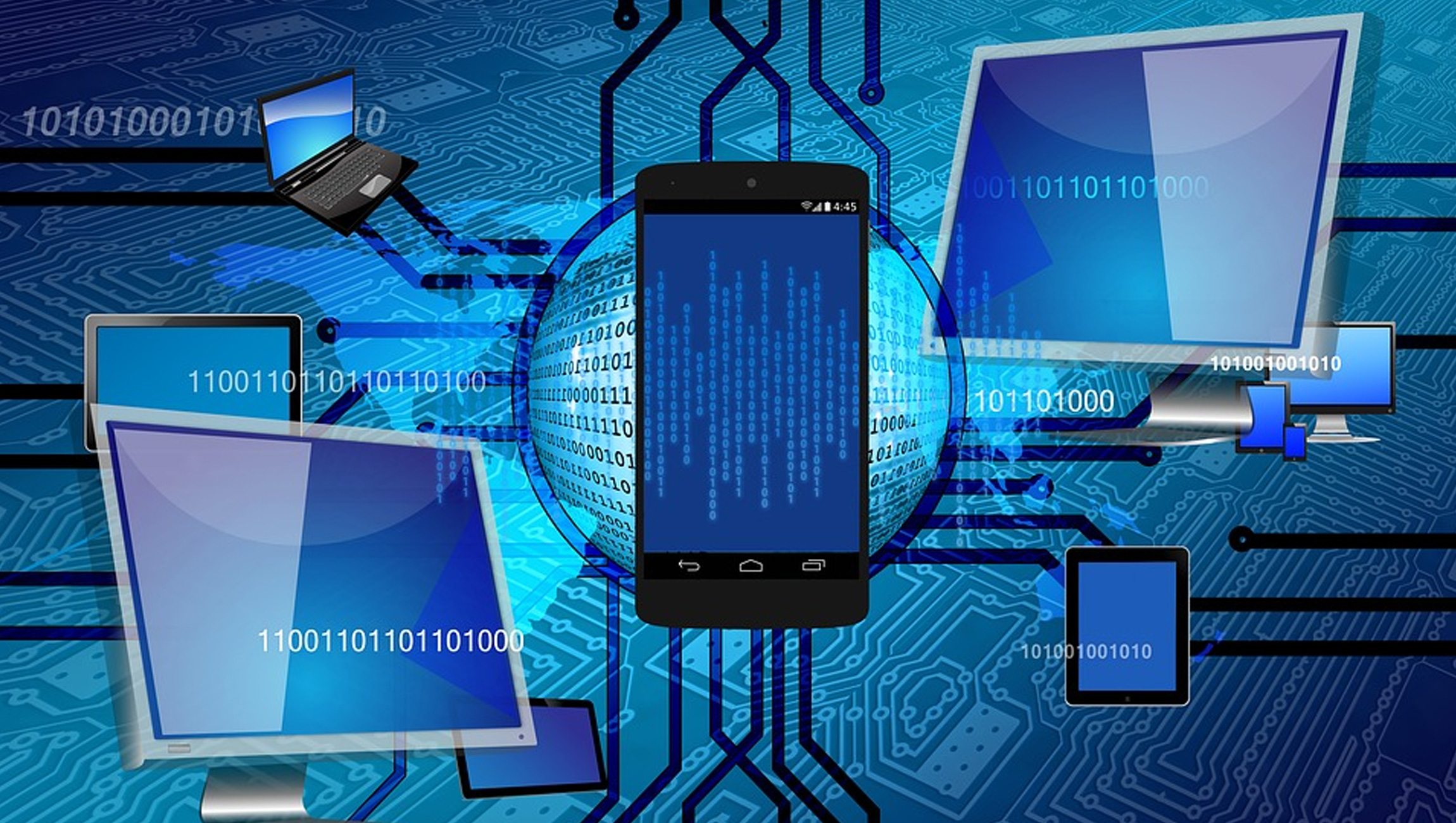 Mobile World Congress 2018 (MWC 2018) has always been much more than just a launch pad for the latest handsets and gadgets, and 2018 didn’t disappoint. Of course, new cellphone models were released — including Samsung’s long-anticipated Galaxy S9 — but the focus of MWC was on major trends that are transforming the industry, and what innovations we can expect in the next 12 months.
Mobile World Congress 2018 (MWC 2018) has always been much more than just a launch pad for the latest handsets and gadgets, and 2018 didn’t disappoint. Of course, new cellphone models were released — including Samsung’s long-anticipated Galaxy S9 — but the focus of MWC was on major trends that are transforming the industry, and what innovations we can expect in the next 12 months.
There were three key topics that stole the show: data security, the dawning of 5G, and mitigating the challenges of Artificial Intelligence (AI).
Here’s a quick-fire overview of the highlights from the Mobile World Congress 2018–
Tightening Data Defenses
With the globally- applicable General Data Protection Regulation (GDPR) almost upon us, it’s no surprise that data security was high on the agenda. By now, most companies are nearing compliance — or should be — so conversations about GDPR revolved around how newly-adjusted data processes can be used to enhance campaigns, and the mobile experience.
For example, to meet requirements — such as providing a copy of all data held about individuals on request — many organizations have embraced consolidation: merging fragmented online, offline and cross-device insight in one place. But these central stores don’t just allow marketers to disclose data rapidly.
By collating all insight related to specific consumers, they also provide the basis for building a 360-degree view of individuals and their journey across every screen; mobile included. The result is a comprehensive understanding of each consumer that marketers can use to deliver tailored, engaging, device-appropriate, and impactful messaging.
But, alongside this emphasis on legislative benefits, there was also a focus on strengthening mobile data security. In particular, a session that brought together telecoms giants, as well as Vice-President of the European Commission, Andrus Ansip, put a spotlight on the need for robust transatlantic digital policy.
Centering on the importance of adapting regulation to fit evolving economic, political and citizen needs, it took an in-depth look at current challenges and the effect future laws might have. Was this a small step towards global data policy? Maybe.
Forging an Ethical AI Future
As with any tech event, there was palpable enthusiasm for AI and its efficiency driving potential. At a presentation led by Rob High, IBM Fellow, VP and Chief Tech Officer for smart system Watson, attendees were captivated by examples of practical AI; with tangible results used to demonstrate how effective it can be in the mobile environment.
VineSleuth Founder and CEO Amy Gross spoke confidently of the human benefits of AI, commenting, “We’ve seen an increase in the use of effective Artificial Intelligence, making lives better and creating — not taking away — jobs.”
Yet this enthusiasm was balanced by anxiety around AI ethics. In a discussion featuring experts from IEEE and the UK’s Oxford University, fears were raised about whether tech development is moving more quickly than our ability to manage it responsibly — especially regarding areas such as social profiling and privacy.
Although the advantages of AI were recognized, session leaders called for action on AI governance before possible issues become real and present dangers; advising that flexible standards are urgently required to keep AI useable and safe.
These sentiments were closely echoed in a conversation dedicated to adapting and updating the digital rulebook for a new age of AI, Robotics, and Big Data Analytics. Taking a truly global view — with participants including Argentina’s Minister of Modernization and the Minister of Posts, Telecomms and IT for Bangladesh — the panel covered how policymakers around the world are creating dynamic guidelines to protect the mobile industry and sustain its future growth.
Future proofing proved to be a consistent theme across various MWC discussions; many businesses are keen to raise the data quality bar now so that AI tools will be continually fuelled by premium value insight that guarantees a reliable output.
Also Read: The Future of a Modern Workplace: “HumAIns” are Coming
The Possibilities of 5G
The next revolution in Mobile Connectivity has been an imminent promise for several years, but it looks like 5G may finally be on its way — and it might arrive faster than anticipated, with T-Mobile announcing its ambitions to build a 5G platform able to serve 30 cities across the globe.
As a result, the buzz at MWC was all about the massive impact the fifth generation network would have. During a keynote on the economics of 5G, speakers suggested it would change the way users engage with content, as rising adoption of 5G-enabled mobile devices drives higher consumption and an expectation that operators will be able to manage the traffic increase. This means there will be more pressure on telecoms firms to upgrade if they want to minimize latency issues.
Also Read: Why The World Needs 5G And How It Will Impact The Programmatic Advertising & Publisher Industries
The possibilities for 5G to improve the user experience – superfast speeds and immersive, creative ads, powered by detailed data insights – were hot topics. Yet companies should be making the most of existing connections – from Wi-Fi, 2G, 3G, 4G and NB-LTE – instead of waiting for 5G to improve user experience, as explained by Sue Siegel, CEO, Business Innovations, GE.
For some, updating tech is only the first step — at a session investigating the effect of 5G on Chief Information Officers (CIO), speakers argued upskilling would be essential to move with the tide of digital transformation.
For CIOs to successfully implement 5G and influence strategic goals, they’ll need a higher level of tech capability. This is supported by research by Gartner, which forecasts 100% of IT roles will require an intermediate level of business acumen by 2020.
Progress often brings challenges, and at MWC 2018, the focus was squarely on recognizing future issues — and resolving them. While better security, AI-powered data analytics, and 5G will open new opportunities for mobile, we must create standards and processes to ensure they contribute to growth, not hinder it. The next few years will be a time of vast transformation: the industry needs to be ready to meet and harness each change.
Also Read: Interview with Adam Corey, VP, Marketing at Tealium










